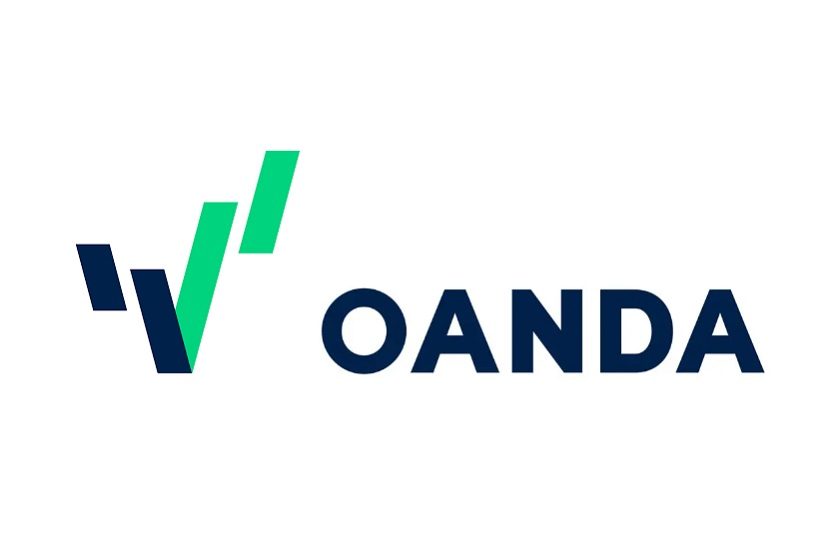Corretores forex mais bem classificados
-
Contas de negociação especializadas
-
Retirada de dinheiro instantânea 24/7
- Taxa de levantamento$0
- Taxa de depósito$0
- Alavancagem máxima1:50
-
Execução excepcional
-
Nós clientes
-
Escalpelamento
- Taxa de levantamentoN/A
- Taxa de depósitoN/A
- Alavancagem máxima1:50
-
Plataforma de negociação proprietária
-
Ferramentas analíticas avançadas
- Taxa de levantamento3.5% or 30 USD
- Taxa de depósitoNo
- Alavancagem máxima1:400
-
10+
anos de atividade Ler sobre nós
-
5
escritores experientes Ler sobre nós
-
1500
artigos úteis Ler o blogue
-
150
corretores avaliados Ver comentários
Aqui estão nossas principais opções para os melhores corretores forex, para ver a lista completa clique abaixo
Todos os corretores forexAqui estão nossas principais escolhas para os melhores corretores forex regulados, para ver a lista completa clique abaixo
Todos os corretores regulamentadosAqui estão nossas principais escolhas para os melhores corretores de ouro, para ver a lista completa clique abaixo
Todos os corretores de negociação de ourodesde 2014, estamos constantemente melhorando nosso portal adicionando novas seções úteis para nossos visitantes! Tudo isso é feito com um objetivo – fornecer a você as informações mais completas, precisas e relevantes sobre as empresas forex!
-
 Stelian Olar
Stelian Olar -
 Ignatius Bose
Ignatius Bose -
 Francisco José Santos
Francisco José Santos -
 Yevhen Abramovych
Yevhen Abramovych
-
30k
visitantes mensais Ler sobre nós
-
10+
anos de atividade Ler sobre nós
-
1500
artigos úteis Ver o nosso blogue
-
5
escritores experientes Conheça a nossa equipa






